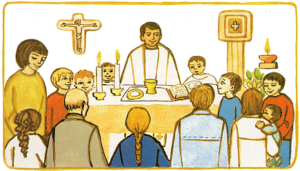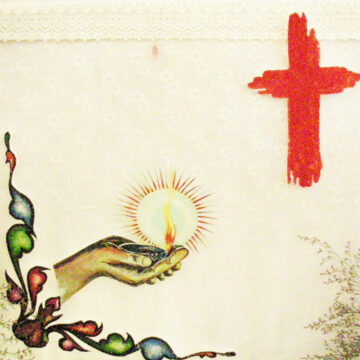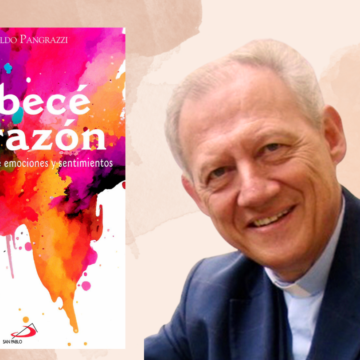 Thoughts about parishes, especially if they are Camillian parishes, by Fr. Rosario Messina
Thoughts about parishes, especially if they are Camillian parishes, by Fr. Rosario Messina
‘This the day that the Lord made, let us rejoice and exult’ sings the Easter liturgy. The ancient Didascalia Apostolorum ventured to state: ‘those who are sad on the day of Sunday commit sin! Tertullian added: ‘Easter is a space overflowing with joy which should be celebrated over fifty days. Thus the choir of angels should exult, the heavenly host should exult, there should be a celebration in the whole of the Church, awaiting the Sunday without a sunset when we will be able to behold Jesus face to face, living with him for eternity’. St. Jerome, full of exultation, exclaimed: ‘This is the day of Christ the Lord, which makes us live anew the day of the resurrection; this is the day of Christians, this is our day, which makes us live anew the wonderful event of our salvation!’ Eusebius of Seleucia echoed this in an exciting Easter homily: ‘The resurrection of Jesus makes the lives of Christians a celebration’. This is an event that we Christians can live anew every Sunday. In the celebration of the Eucharist a personal and communal encounter is achieved with Jesus who is living and glorious amongst us; it makes our hearts burn in our chests while he speaks to us, forgives us, and fuses us into a single body of which he is the Head and the Foundation. Only by living Sundays in this way can we understand why the forty-nine martyrs of Abitenae preferred to face martyrdom rather than renounce the celebration of the weekly assembly, shouting while they died ‘that they could not live without Sunday!’
Unfortunately a fear with a foundation exists which the Christian community still today does not fully understand – that it will not experience the joy of Easter or the deep and splendid meaning of Sundays. Indeed, nowadays we are witnessing a constant, growing, subtle and almost silent attempt to trivialise Sunday, to empty it of the deep, unique and unrepeatable meaning of Easter, for which it was born, with an emphasis on the ephemeral, on escape, on weekends at any price, on sport and on entertainment.















Camillians on Facebook
Camillians on Twitter
Camillians on Instagram